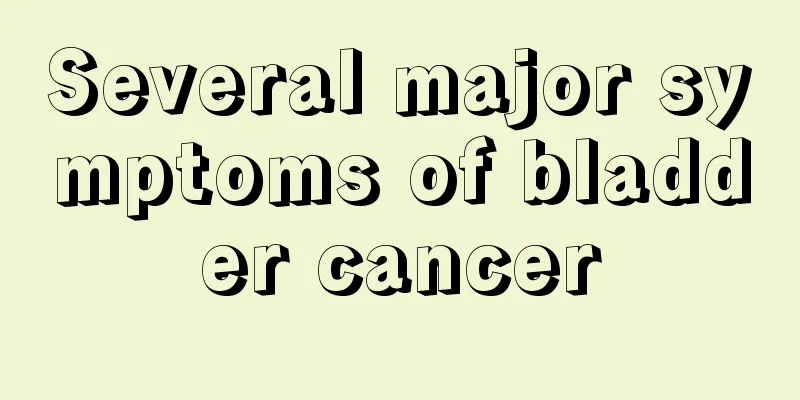How to treat hepatitis C? These methods are the most effective

|
Hepatitis C is caused by infection with the hepatitis C virus. The main routes of infection are drug abuse, acupuncture, blood transfusion, etc. Patients will experience symptoms such as abdominal distension, fatigue, and loss of appetite. Let's take a look at the clinically effective methods for treating hepatitis C. 1. Alcoholics and drug addicts: Chronic alcoholism and drug abuse may promote HCV replication and aggravate liver damage, thereby accelerating the process of developing cirrhosis or even HCC. Since alcoholics and drug addicts have low compliance, tolerance and SVR rates for antiviral treatment in hepatitis C patients, treatment of hepatitis C requires simultaneous abstinence from alcohol and drugs. 2. Chronic renal failure: Antiviral treatment should not be given to patients with chronic hepatitis C and renal failure who are not receiving dialysis. Patients who have undergone dialysis and do not have cirrhosis on histopathology (especially those who are preparing for renal transplantation) can be treated with IFNα alone (note that it should be given after dialysis). Because patients with renal insufficiency may develop severe hemolysis, ribavirin should generally not be used in combination with the treatment of hepatitis C. 3. Children and the elderly: There is insufficient experience in the treatment of chronic hepatitis C in children. Preliminary clinical research results show that the SVR rate of IFNα monotherapy seems to be higher than that of adults, and the tolerance to the drug is also better. In principle, elderly hepatitis C patients aged 65 or 70 years or above should also receive antiviral treatment, but they generally have poor tolerance to the treatment. Therefore, a comprehensive assessment should be made based on factors such as the age of the hepatitis C patient, drug tolerance, complications (such as hypertension, coronary heart disease, etc.) and the patient's wishes to decide whether to provide antiviral treatment. 4. Treatment of hepatitis C patients with relapse or no response after treatment: For hepatitis C patients who relapse after initial treatment with IFNα alone, re-treatment with PEG-IFNα-2a or ordinary IFNα combined with ribavirin can achieve a higher SVR rate. For patients who have no response to initial IFNα alone, re-treatment with ordinary IFNα or PEG-IFNα-2a combined with ribavirin can achieve a lower SVR rate. For patients with hepatitis C who do not respond to or relapse after the initial use of conventional IFNα and ribavirin combination therapy, PEG-IFNα-2a and ribavirin combination therapy can be tried. The above is the introduction to "How to get better treatment for hepatitis C". I hope it will be helpful for everyone's understanding. Patients with hepatitis C must pay attention to it, actively choose a regular hospital, and receive symptomatic treatment according to their own condition. Only in this way can the safety and effectiveness of the treatment be guaranteed. |
<<: What are the effects, functions and methods of consumption of Patrinia salsa?
>>: What are the effects and functions of coix seed?
Recommend
What are the causes of acute and chronic glomerulonephritis?
In order to effectively prevent and treat the occ...
What are the advantages of traditional Chinese medicine in treating colon cancer?
Now both traditional Chinese medicine and Western...
Is a big head and thick neck just obesity?
Many people believe that people with big heads ar...
How to use sanitary napkins
Some women do not know how to use sanitary napkin...
Introduction to the symptoms of four major brain cancers
Brain tumors may compress nerves in the brain, le...
Jeju Island Specialties
Every time after the holidays, everyone always th...
Indications for insulin therapy
Insulin is a very important hormone in the body. ...
Can I use medication to treat condyloma acuminatum after laser treatment?
Genital warts can be treated with laser. This typ...
What are the dangers of tight underwear
Underwear is an invention of modern times. Its ma...
What eye drops are good for high intraocular pressure
High intraocular pressure is extremely harmful to...
Why does it hurt when your heel steps on the ground?
It is because we humans have a pair of feet that ...
What are the ten major benefits of taking a bath?
In recent years, more and more Chinese medicine b...
What causes bloating in the stomach?
People with bloating in the stomach will have sym...
How to prevent testicular cancer
Testicular cancer is a common malignant tumor dis...
Low-grade fever persists for three days
Fever is a common phenomenon in our lives. Many p...









